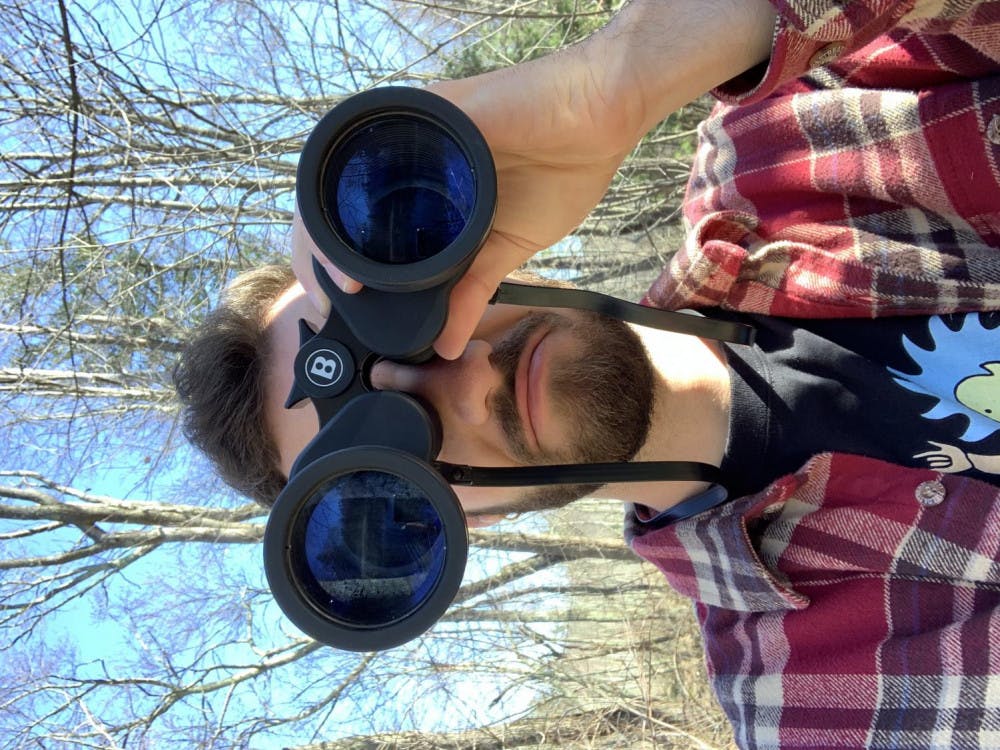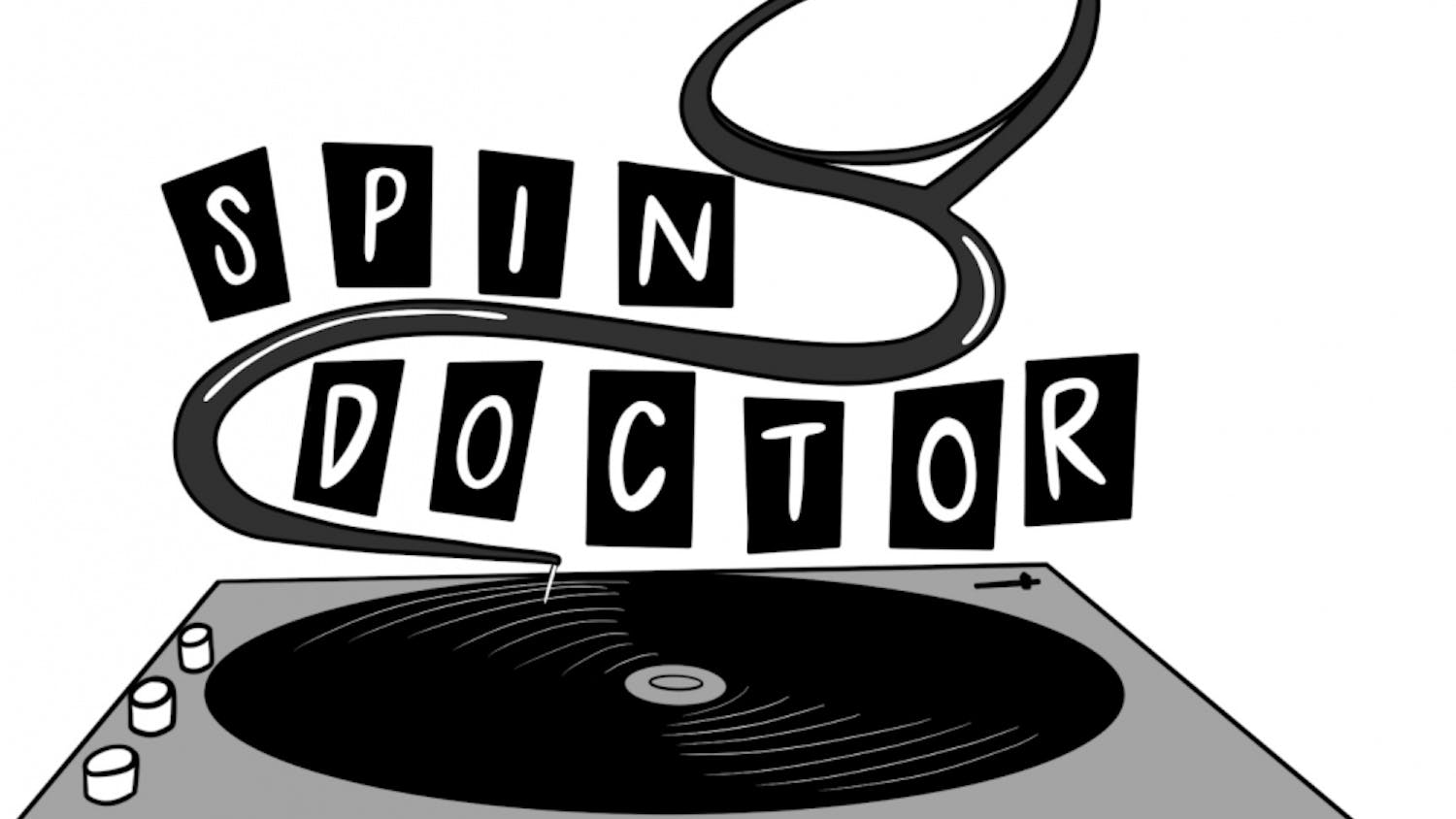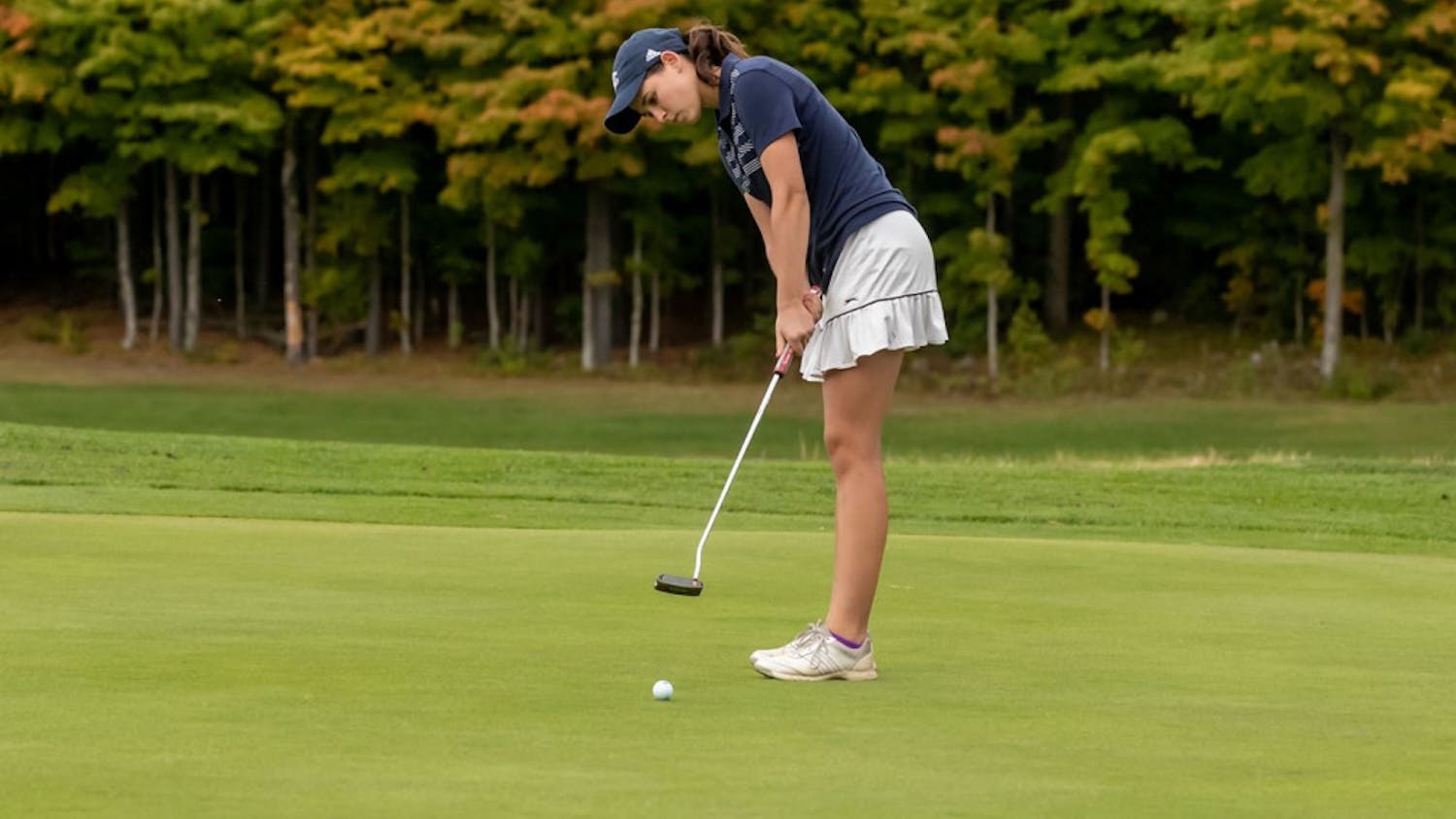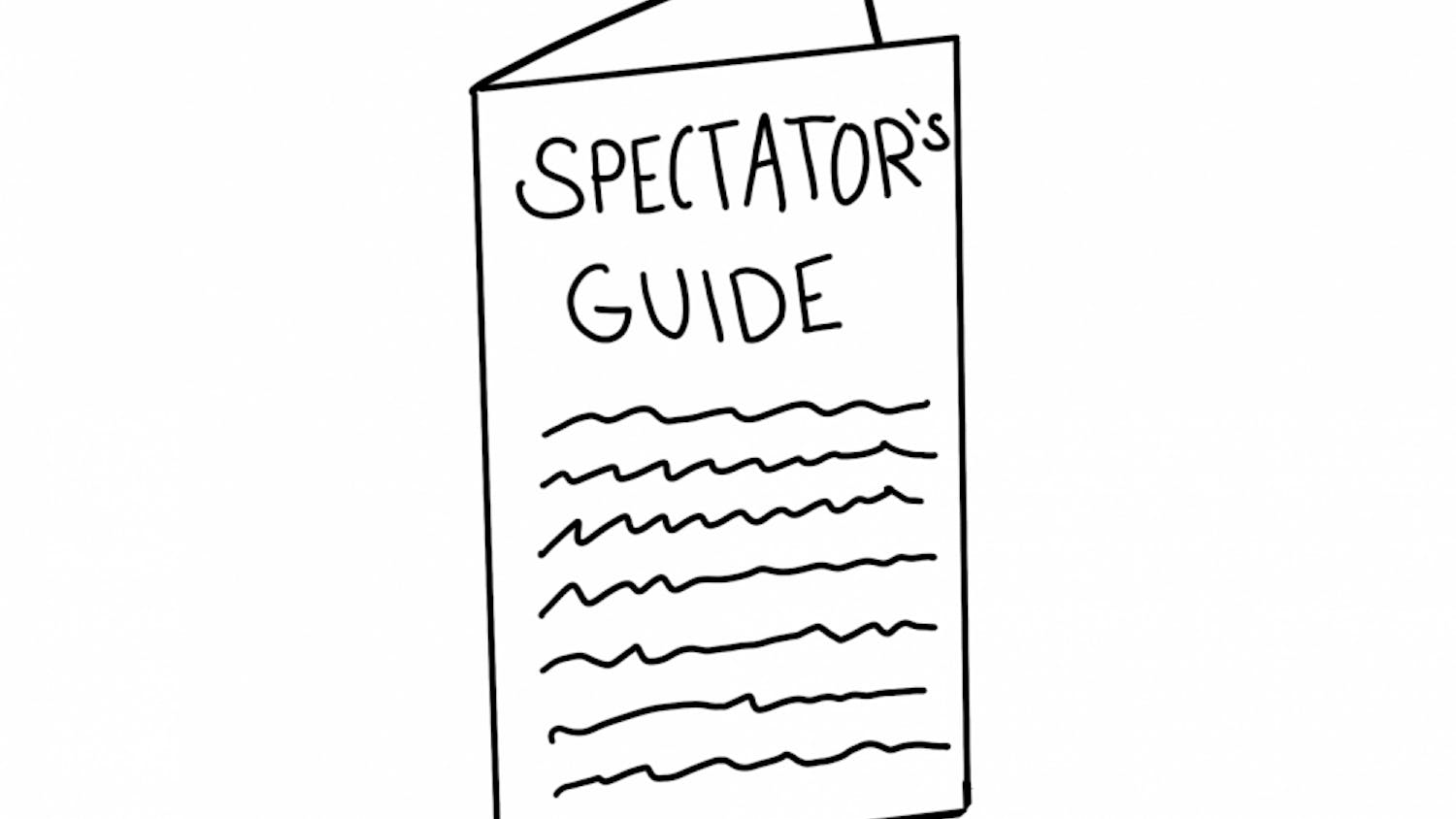I do not like the town I’m from. Yesterday, I overheard a neighbor announce that he wasn’t selling off his stocks, because, and I quote, “I only invest in companies I believe in, like ExxonMobil.” I don’t know his name, because all of the neighbors I did know got divorced and moved away.
My only plans for post-grad seemed attainable, if not specific: to never, ever, ever move back to Westford, Massachusetts.
Well. Here I am.
In the grand scheme of things, I am fine. I have a stable home and a loving family and good health. For me, in my position of privilege, this pandemic is more of an inconvenience than a life-shattering catastrophe.
Still, during my morning pout, or my afternoon grumpies, or my evening sulk, or my bedtime brooding, it’s hard not to let things grow out of proportion. All I wanted from this life was to live somewhere interesting, where I didn’t have to define the word “queer,” where I could remake myself free from the religion of hyper-corporate normativity. (That place may exist nowhere, but that won’t stop me from looking.)
But since I find myself here in Westford, and not cool queer dreamland, I have to make the best of it. I’ve tried some different coping strategies during this time of exceptional angst — saying I’ll bake bread, masturbating, not baking bread, masturbating again, and getting annoyed at my parents for no reason, to name a few — but one thing, more than most others, has helped me stay sane: birdwatching.
Now I’m no expert birder. I can identify a few common bird calls, and a normal amount of birds by sight, but I’d never really tried to thoroughly learn the names and calls of all the birds around me. I can tell a robin’s chirp from a crow’s caw, but a dark-eyed junco from a song sparrow? I’m lucky if I can even call myself an amateur birdwatcher.
So last week I went on to the Cornell Lab of Ornithology’s website and began to peruse their massive bird guide. I learned that there’s a difference between a swift and a swallow, that there are more warblers than I ever could have imagined, and that I only recognized a tiny fraction of North American birds. I decided to memorize the calls of every bird native to Massachusetts, but soon realized that that would be no easier achieved than reopening the U.S. economy on Easter. There are so many birds in Massachusetts, more than I ever could have imagined. This would be a long-term project, I realized; luckily for me, all I have is time.
Out walking the other day, binoculars in hand, I heard three bird calls in a row that I couldn’t identify. The birds were too far away to see, or hiding among the branches, and I felt totally in over my head. In this dark night of the birder’s soul, I thought to myself: what’s the point of all this, beyond maybe distracting myself from the slow-motion global apocalypse?
As a literature major, I love filling my head with interesting and impractical information, so learning about birds is perhaps not a surprising hobby. The less it prepares me for the corporate world, the better. But that’s not quite it. The last few weeks have shaken my already-fragile sense of direction, throwing me way off course; watching chickadees hop-chirp around in a thicket of young pines makes me feel grounded and purposeful, in a way that masturbating too much or not making bread never have. Something more than filling time and gray matter draws me to birdwatching.
Nature writer Robin Wall Kimmerer says that modern American society is afflicted with a condition she dubs “species loneliness.” In this state of alienation, she says, “as our human dominance of the world has grown, we have become more isolated, more lonely when we can no longer call out to our neighbors.” She does not mean only ignorance of our human neighbors (though I am certainly guilty of that, too); there is another kind of loneliness, a quieter one, that stems from only knowing our human neighbors. When we don’t know the name of the bird at our window, is that any less awkward, less isolating, than not knowing the name of a neighbor?
The very first thing that Adam does in the Bible, directly after God creates nature, is give names to the things around him: “to the birds of the air, and to every animal of the field.” This is how we find a home within the place we live. Without names, the world around us is shapes, sounds, and smells. But when we name it — whether it’s the birds or the trees or the mountains — it becomes a word, and words are a part of us. If I don’t know the birds’ names, I’m as lost in the shallow woods of suburban Massachusetts as I am in the labyrinth streets of New York.
Slowly but surely, I am learning who lives in the woods around me. When I go for a walk, I hear a red-bellied woodpecker and black-capped chickadees, where before I heard vague pretty bird songs. The world around me is falling apart, but I’m finding a home where my home has always been. Call it escapism, or call it embracing the world we live in. It’s both, and it’s helping me to stay sane.
I still don’t know my new neighbors’ names. That’s my loss and I should probably change that (although I’ve never known a bird to invest in ExxonMobil). Besides, I won’t be stuck here forever … right?
Submitted April 7, 2020.
Will O'Neal '20 in Westford, Massachusetts

Comments



